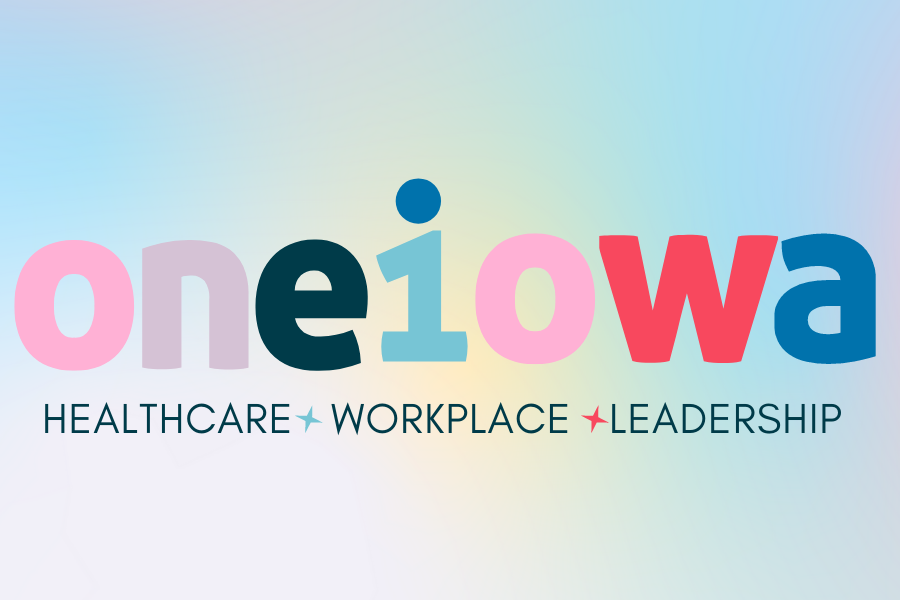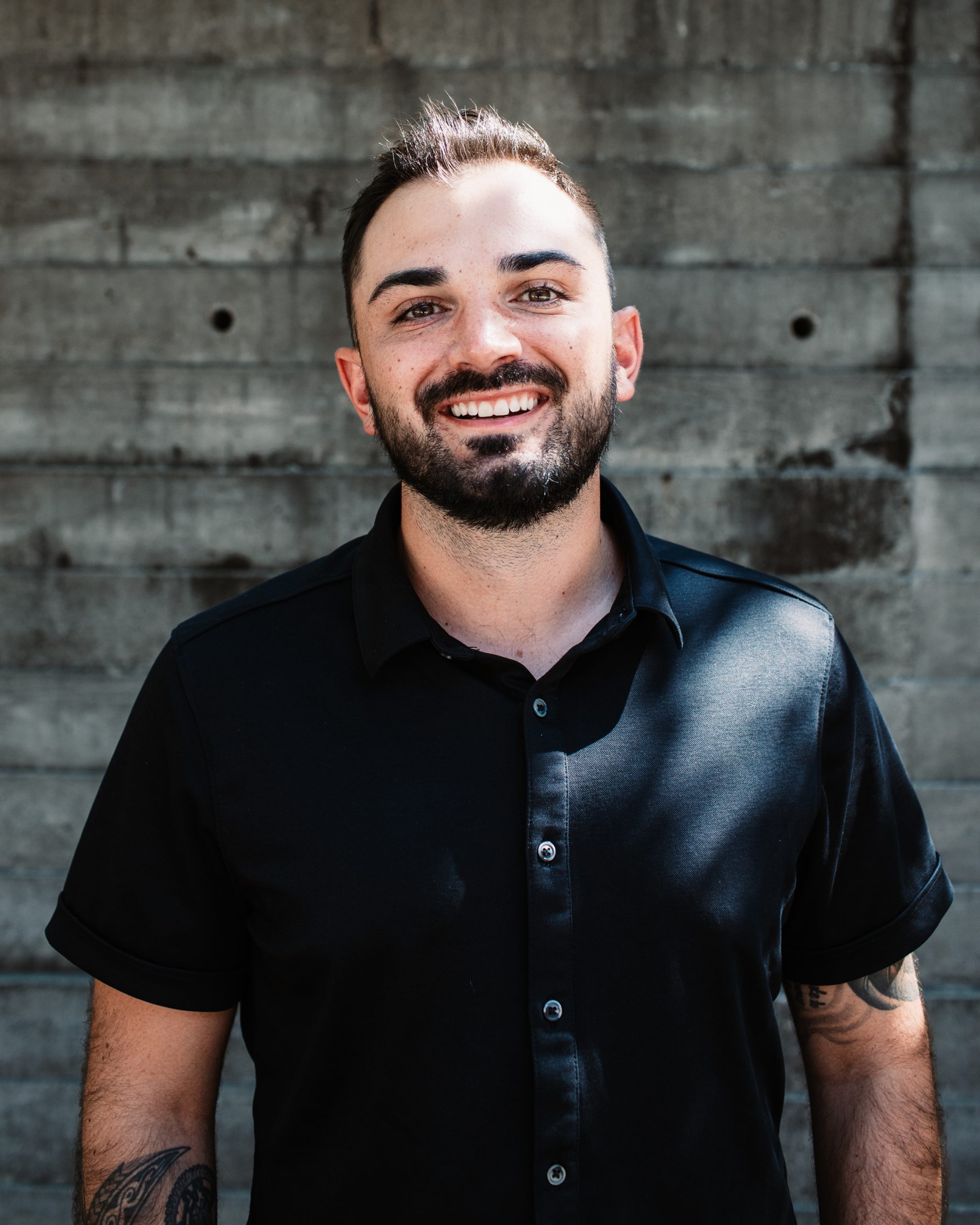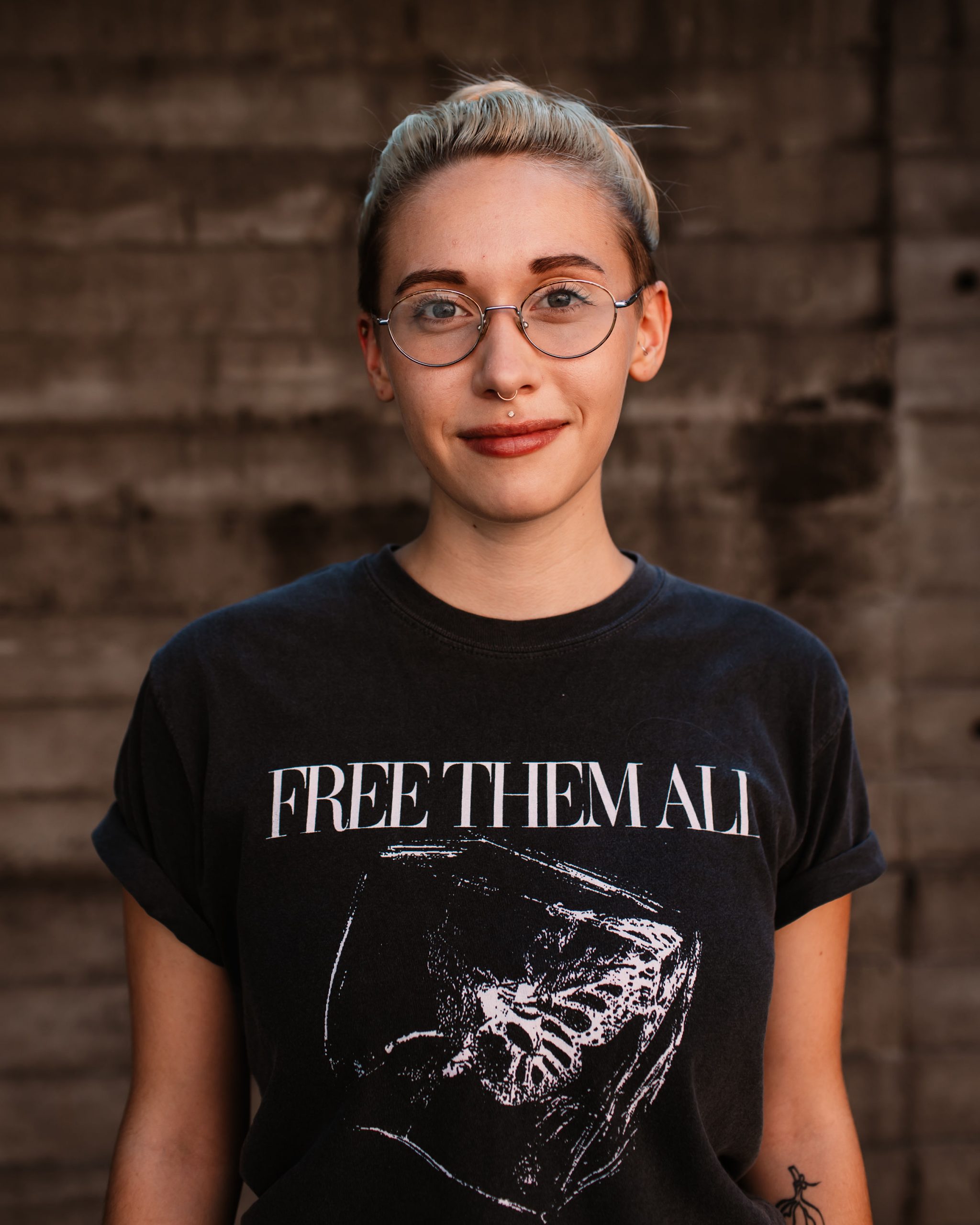
Decolonizing Leadership – LGBTQ Leadership Alumni
You may have heard “leadership” thrown around as a buzzword in entrepreneurial settings. This word, leadership, has become associated with hierarchical dominance – a type of responsibility bequeathed to those willing to boss others around. In our capitalistic society, leadership can be a way of placing undue responsibility on one individual to “self-start,” to valorize their struggle for survival in a system designed to make people fail.
One Iowa’s LGTBQ+ Leadership Institute approaches the concept of leadership through a community-empowerment lens. Instead of a leader acting alone on behalf of others, a leader can be someone willing to engage in active listening and compassionate dialogue with others.
A leader can notice shortcomings in inaccessibility at Pride Events or a dearth of research for LGTBQ+ people in psychology and gather resources to make necessary changes. In short, a leader does not need to be a charismatic spokesperson. They do not need to meet colonial standards of professionality. A leader is someone who helps their community in the present, someone who looks to the future and aspires to make life richer and safer for generations to come.
I am inspired to write about this lens on leadership after spending four months in the One Iowa LGTBQ+ Leadership Institute. The curriculum addresses the many ways a leader can manifest. Amazing speakers from organizations all over Iowa taught about mutual aid networks, political offices, intersectional justice, community building, and much more. One Iowa’s approach to leadership aims to decolonize the practice of leadership by encouraging authenticity, resiliency, and individuality.
The frequently reinforced narrative of the leader as a “lone wolf,” only alienates individuals from their community. A leader in this context is under immense pressure to perform. This leads to burnout; it leads to ineffective action taken on behalf of affected communities (rather than action taken by communities).
By interrogating this colonial narrative of leadership, I learned a leader can be someone who deeply invests in their community and in their own wellbeing. A leader can be a person who asks for lots of help, takes small steps, shares resources, and overcomes adversity. The leader as an equal community member becomes more effective acts more ethically and can sustain their work without inevitable burnout.
One Iowa’s LGTBQ+ Leadership Institute encourages every participant to question their preconceived notions of what leadership looks like. I personally emerged from the program with a more sustainable and authentic leadership style. I learned leadership exists in every field and across movements.
Leadership is collective empowerment as much as it is a personal responsibility.





